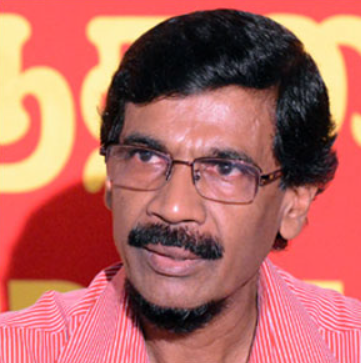
Indian Prime Minister Narendra Modi's state visit to Sri Lanka from April 4 to 6, 2025, has placed the Janatha Vimukthi Peramuna (JVP)-led National People's Power (NPP) government on the defensive as local elections loom in May.
JVP General Secretary Tilvin Silva refuted opposition parties' remarks claiming that the party had consigned Sri Lanka to a worrying level of dependence on India. During the Indian Premier’s state visit, seven Memoranda of Understanding (MoUs) were signed by President Anura Kumara Dissanayake, covering key infrastructural sectors including defence, energy, digitalisation, healthcare, power grid connectivity, and development assistance.
Before gaining power, the JVP was known for its opposition to what it deemed Indian expansionism on the island under the rule of the Rajapaksa and Wickremesinghe governments. While the two administrations had preferences for Chinese and Western cooperation respectively, they nonetheless signed several agreements with India. The NPP's pivot towards India, on the other hand, represents a significant reversal of its previous political positioning.
The Indo-Lanka agreement signed in 1987 between India and Sri Lanka sparked an armed insurrection which cost the JVP an estimated 60,000 cadres. Under the agreement, Colombo agreed to a devolution of power to the provinces, the Sri Lankan troops were to be withdrawn to their barracks and the Tamil rebels were to surrender their arms. The JVP, a staunchly Sinhala nationalist group at the time, viewed the pact between India's Rajiv Gandhi and Sri Lanka's J. R. Jayewardene as the beginnings of an un-Sri Lankan federalism.
In a public rally addressing the upcoming local elections, Tilvin Silva acknowledged the party’s anti-Indian past while defending his leader's recent engagement with India. He alluded to India as “having changed now.” “Both Sri Lanka and India benefit from these agreements. The NPP government has proven to be the government to have received the most international support in Sri Lanka’s history. Earlier, they [opposition parties] claimed there was no international support or help, but now that we are receiving international help, they are claiming we are betraying the nation,” he elaborated.
The agreements signed during Modi's visit are expected to bolster India's strategic and economic influence in Sri Lanka, particularly amidst concerns over China's expanding presence through development loans and infrastructure projects such as the $3.7 billion oil refinery near Hambantota port. Sri Lanka, grappling with a severe economic crisis since 2022, has turned to both India and China for debt restructuring.
Read more here

